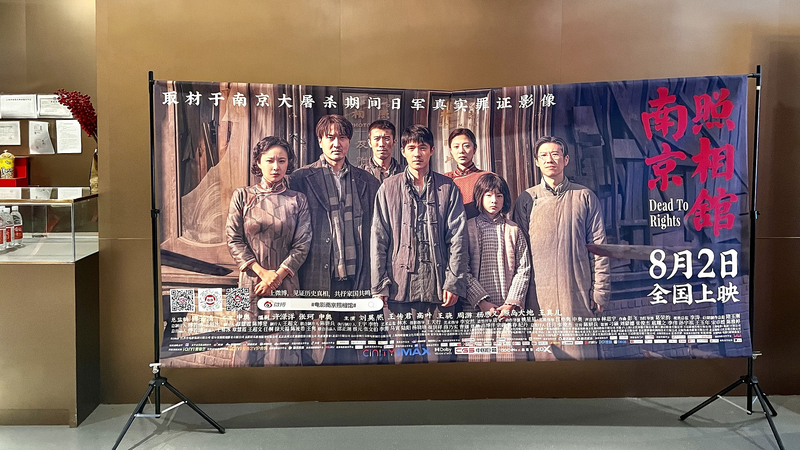Set against the grim backdrop of the 1937 Nanjing Massacre, the film "Dead To Rights" stands as a landmark in Chinese cinema. Directed by Shen Ao and co-written by Shen Ao, Zhang Ke and Xu Luyang, the story follows A Chang, a humble postman who assumes the identity of a photo developer to survive the Japanese occupation.
Within a Japanese-controlled studio, A Chang pulls off a quiet act of resistance: hiding Chinese civilians and soldiers behind the lens of his camera. His photographs capture the raw trauma of war while preserving truth in a time of darkness. As A Chang processes images of suffering, he becomes an accidental custodian of history, elevating each frame into a sacred record that defies erasure.
Much like Schindler’s List and Hacksaw Ridge, "Dead To Rights" balances meticulous period detail with emotional depth. It resists sensationalism, choosing dignity over shock. The screenplay forgoes easy triumphs and simple heroes, instead immersing viewers in the painful weight of conscience and the courage to act amid annihilation.
At its core, the film delivers a powerful message: individual acts of conscience can illuminate humanity’s darkest chapters. The line "Photographs may fade, but history shall never be erased" resonates with urgency as China prepares to mark the 80th anniversary of the victory in the Chinese People’s War of Resistance Against Japanese Aggression and the World Anti-Fascist War.
The response has been remarkable. Distributed by China Film Group, "Dead To Rights" topped the box office for a second weekend, grossing 609.3 million yuan ($84.6 million) and pushing its global total past 1.51 billion yuan, according to Comscore. Its success underscores a shared cultural need to confront denialism and preserve historical memory through cinematic art.
Reference(s):
'Dead To Rights': A masterpiece of moral vision & historical reckoning
cgtn.com




